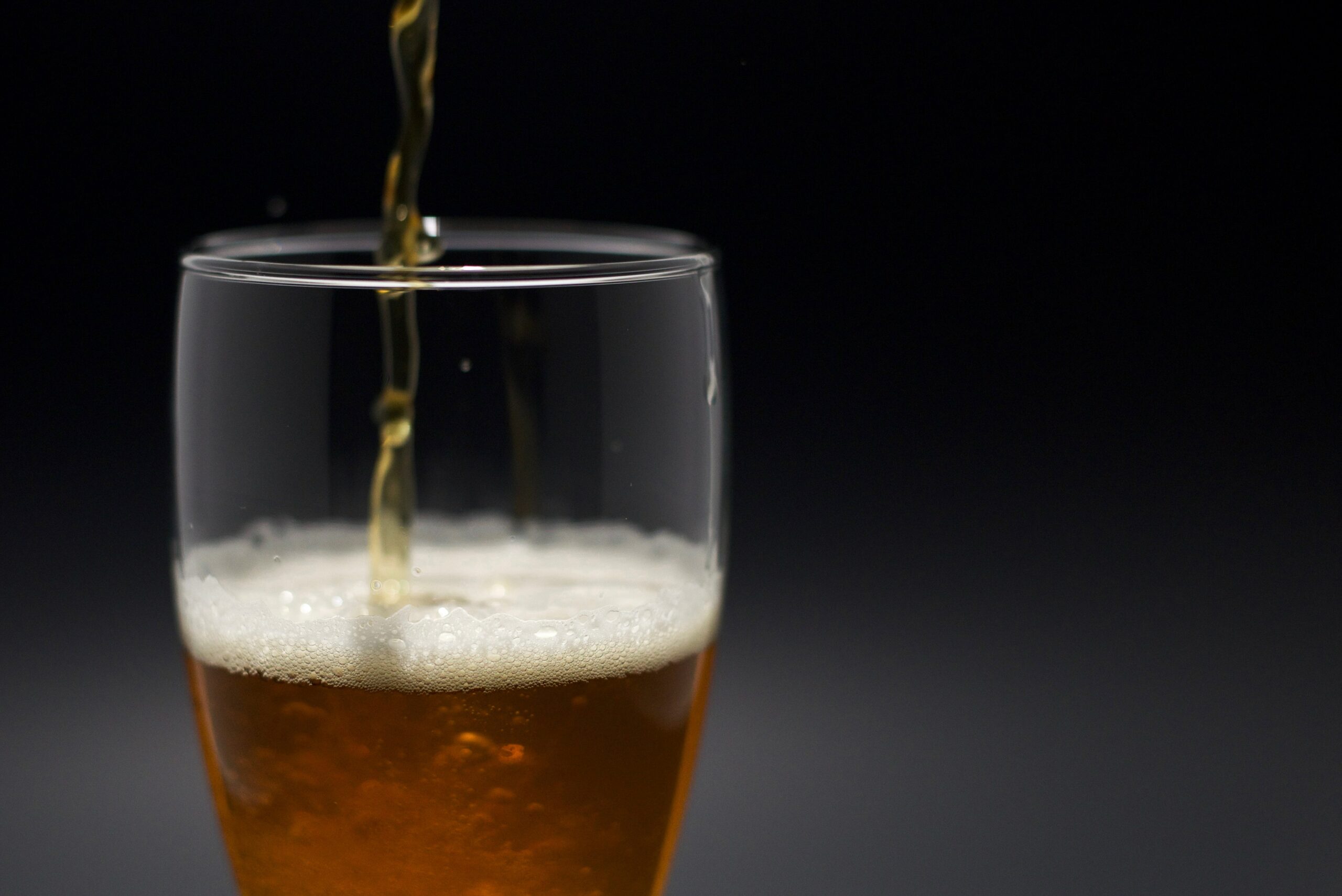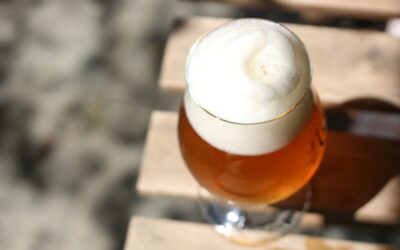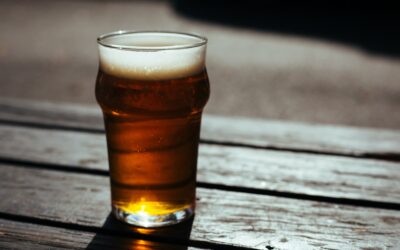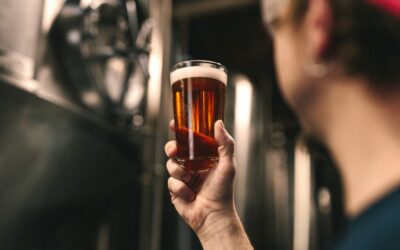See also: Irish stout
Irish Red
Historically, pale ale brewing in Ireland differed little from that in England. The roots of Irish Red can be traced to the 1961 consolidation of three breweries into a single entity owned, in effect, by Guinness. Recipes became sweeter, prompting beer writer Michael Jackson in 1976 to suggest these might constitute a style of their own that he dubbed ‘Irish Red’ (4.0-4.8% ABV). Larger brewers and some first wave independents still market this in Ireland. Newer, smaller independents are less keen, though some have riffed on the concept and variations can appear with all-Irish ingredients, up-hopped, stronger, or even barrel-aged.
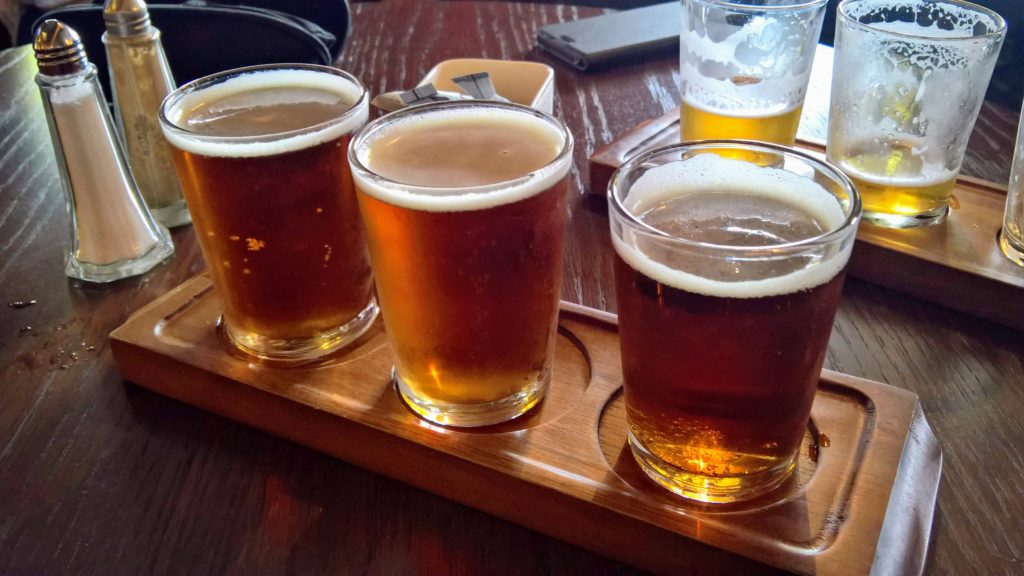
A sampler of Irish Reds at the Cotton Ball brewpub in Cork, Ireland (photo: André Brunnsberg)

